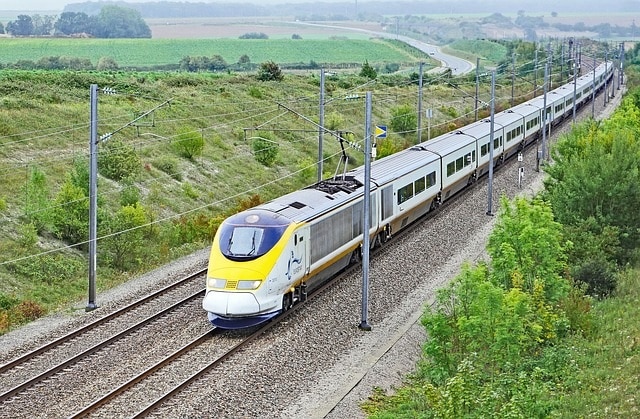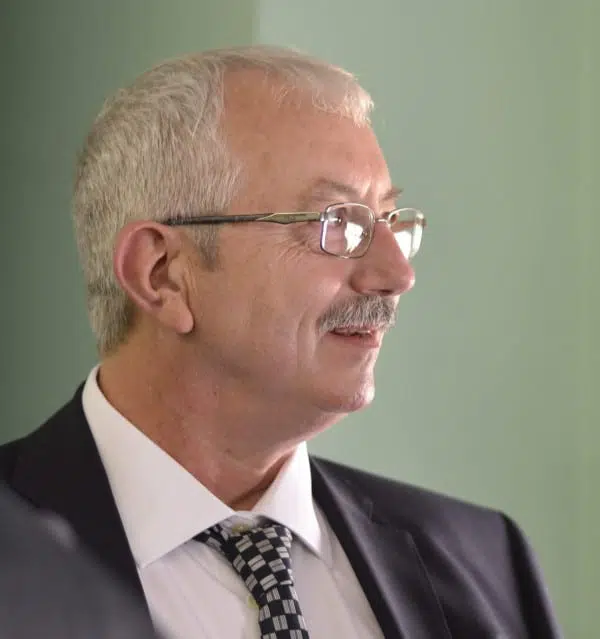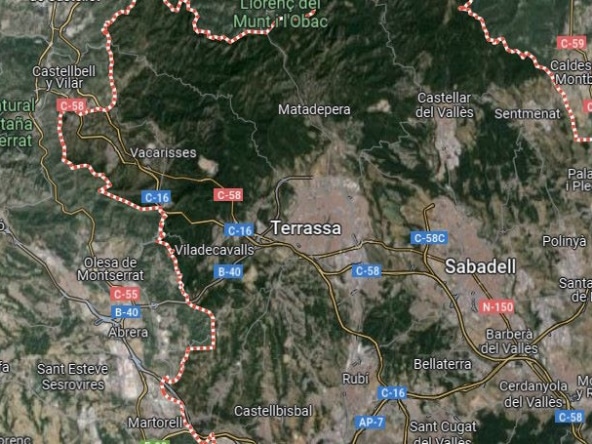Conflict in family businesses normally does not go beyond the scope of the family that owns and manages the business, but when it comes to one of the most important Spanish multinationals, it is a topic that generates wide interest and whose repercussions can extend beyond their own members of the family. A recent and notable example is the case of Ferrovial, one of the main Spanish companies, where despite the absence of internal tensions, the decisions taken to move its headquarters to the Netherlands and start trading on the Wall Street Stock Exchange, They have generated headlines across the country.
The family business Ferrovial, one of the leaders in the infrastructure and services sector, has found itself in the middle of a crossfire. On one side, the Government and ADIF, the public entity that manages the railway infrastructures of Spain. In the other, the different partners and the Family Business Institute (IEF), which defend the interests of the company.
The conflict centers on the decision of the family partners to transfer the headquarters of Ferrovial to the Netherlands through the absorption of the parent company by the subsidiary that has existed in that country for years. In this way they get more favorable taxation and the possibility of being listed on the USA Stock Exchange. As a result of this decision, the Government and some clients have questioned whether this transfer was legal due to the large sums of money that Ferrovial has received in subsidies in Spain, for example regarding the award of a million-dollar work by ADIF and before Due to the tensions generated, ADIF has resorted to an external advisor to decide whether or not to award the largest work in its history to Ferrovial. This situation has generated concerns not only in Ferrovial, but also in the IEF, which has positioned itself in defense of the company and has asked the Government to avoid disqualifying the businessmen. In any case, the taxation of the Netherlands, like that of Spain, is subject to European Union law and if there are advantages for companies that are located in that country, businessmen do well to take advantage of them.
Conflict in the Family Business in Spain
The conflict in the Family Business of Ferrovial serves to illustrate how family businesses can be influenced by internal and external dynamics. Despite its size and success, Ferrovial remains a family business, led by the Del Pino family. This reality entails a series of specific challenges that can, at times, generate internal conflicts that affect the operation of the company.
Family businesses, despite being responsible for much of the job and wealth creation in many economies, often face unique challenges. This is partly due to the confluence of family and business interests, which can complicate decision-making and exacerbate tensions at times of controversy.
In addition, this case highlights the importance of having effective communication and proper conflict management in the family business environment. Both the Government and the IEF have a crucial role to play in this regard. While the Government needs to ensure that its actions and words do not harm employers and the business climate in general, the IEF can play a vital role in mediating and promoting good practice among its members.
In the current scenario, the ability to manage conflict effectively and equitably is of paramount importance. The resolution of the conflict in Ferrovial will be a precedent for how tensions are handled in family businesses in the future. Family businesses can turn to professionals specialized in conflict resolution such as Inheritance which, through BCA Soluciones Legales, advises family businesses in conflict, attending to all legal aspects of the negotiation.
The Ferrovial case is a reminder that even the largest and most successful companies can face conflict. However, with proper management and effective communication, these conflicts can be resolved in ways that benefit all parties involved. This will be a space to watch, as its implications could have a lasting impact on the Spanish business landscape.




